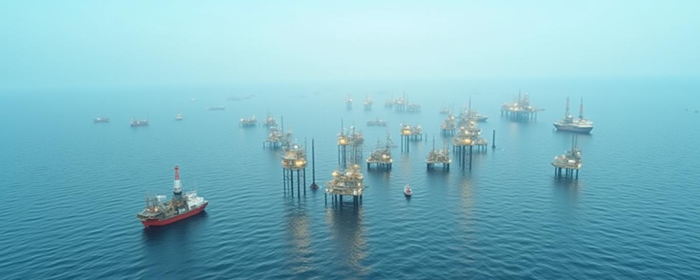(3 Minutes Read)
The country depends on oil for more than 90% of its export revenue. Now Angola will meet most of its financing needs for the year after also carrying out spending cuts. Experts feel that there’s no immediate need to seek IMF funding
Angola won’t seek a loan from the International Monetary Fund for now, as Africa’s third-biggest crude producer benefits from rising oil prices. The country depends on oil for more than 90% of its export revenue. Now Angola will meet most of its financing needs for the year after also carrying out spending cuts. Experts feel that there’s no immediate need to seek IMF funding, they said.
Angolan Finance Minister Vera Daves de Sousa said in April that her government was exploring possible financing packages with the Washington-based lender. Brent crude has risen about 8% since then to trade at USD 68 per barrel on Thursday. The southwest African nation based its 2025 budget on an oil price of USD 70 per barrel.
Angola is entering a period of rising loan payments, with the state allocating most of its fiscal revenue toward paying salaries and servicing debt. The government owes USD 864 million on a bond that matures in November. The yield on Angola’s Eurobond due in 2049 is 12.04% while a similar security for Nigeria is at 10.49%.
While the current situation is challenging, Angola’s loan trajectory remains stable, the people said. The country’s debt ratio fell to 54.6% at the end of 2024 from 70.7% the previous year, according to Fitch Ratings.
Angola has had two IMF programs since it emerged from a 27-year civil war in 2002. The most recent was a USD 3.7 billion extended fund facility agreed in 2018.
Read Also:
Africa’s largest oil producer after Nigeria and Libya, Angola, is also considering loans from multilateral lenders such as the World Bank and private markets as borrowing costs in international debt markets remain too high, the people said.





